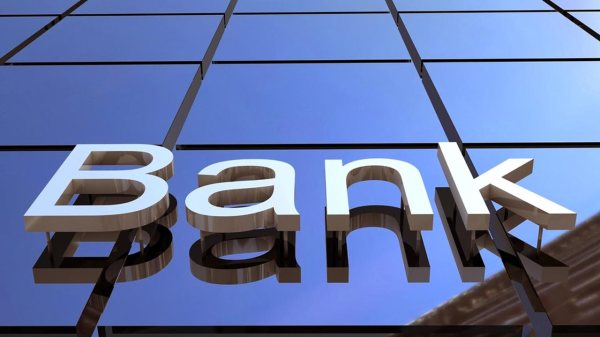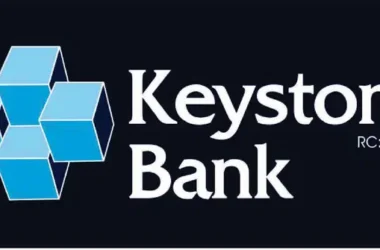Nine Nigerian banks reported a massive N14.26 trillion in combined interest income from loans and advances to customers in 2024, based on their audited financial statements. The earnings mark a significant jump from N6.49 trillion in 2023 — a 119.55% increase — during a period of aggressive monetary tightening and inflationary pressures.
The banks in question include Access Holdings, Guaranty Trust Holding Company (GTCO), Zenith Bank, United Bank for Africa (UBA), First HoldCo, FCMB Group, Fidelity Bank, Stanbic IBTC Holdings, and Wema Bank. These financial institutions saw strong returns from interest income, mainly due to higher lending rates and increased investment in risk-free government securities.
First HoldCo, the parent company of FirstBank, recorded the highest growth rate in interest income, rising by 155% to N2.39 trillion. GTCO followed with a 148% increase, while Zenith Bank posted a 137.74% rise. In actual earnings, Zenith Bank topped the chart with N2.72 trillion, followed by Access Holdings with N3.11 trillion and First HoldCo with N2.39 trillion.
However, the gains recorded by banks have come at a steep cost to Nigeria’s real economy. Many manufacturers and small businesses are struggling to keep up with borrowing costs that now range from 28% to 35%, driven by the Central Bank of Nigeria’s Monetary Policy Rate, which was raised from 18.75% to 27.50% by the end of 2024.
Francis Meshioye, President of the Manufacturers Association of Nigeria, raised concerns during a recent CBN town hall event in Lagos. “Manufacturers spent about N1.3tn on interest rate; the cost of funds last year, 2024, and that is huge. Next is the cost of energy, which was about N1.2tn,” he said.
He added that manufacturers are now paying interest rates of up to 37%, especially for loans used to cover basic expenses like electricity. “How do you survive this?” he asked.
Data from the National Bureau of Statistics shows that over 133 million Nigerians live in multidimensional poverty. Experts believe the high interest rate regime is worsening the problem by cutting off credit access for small-scale entrepreneurs, farmers, and informal businesses.
Tunde Ajayi, a senior analyst at Financial Derivatives Company, notes that the financial system favors banks’ profitability over economic productivity. “This model is unsustainable. What we have is a system where banks are incentivised to lend to the government or big corporations at high yields, while millions of small businesses and farmers are left without access to the capital they need to grow,” he said.










